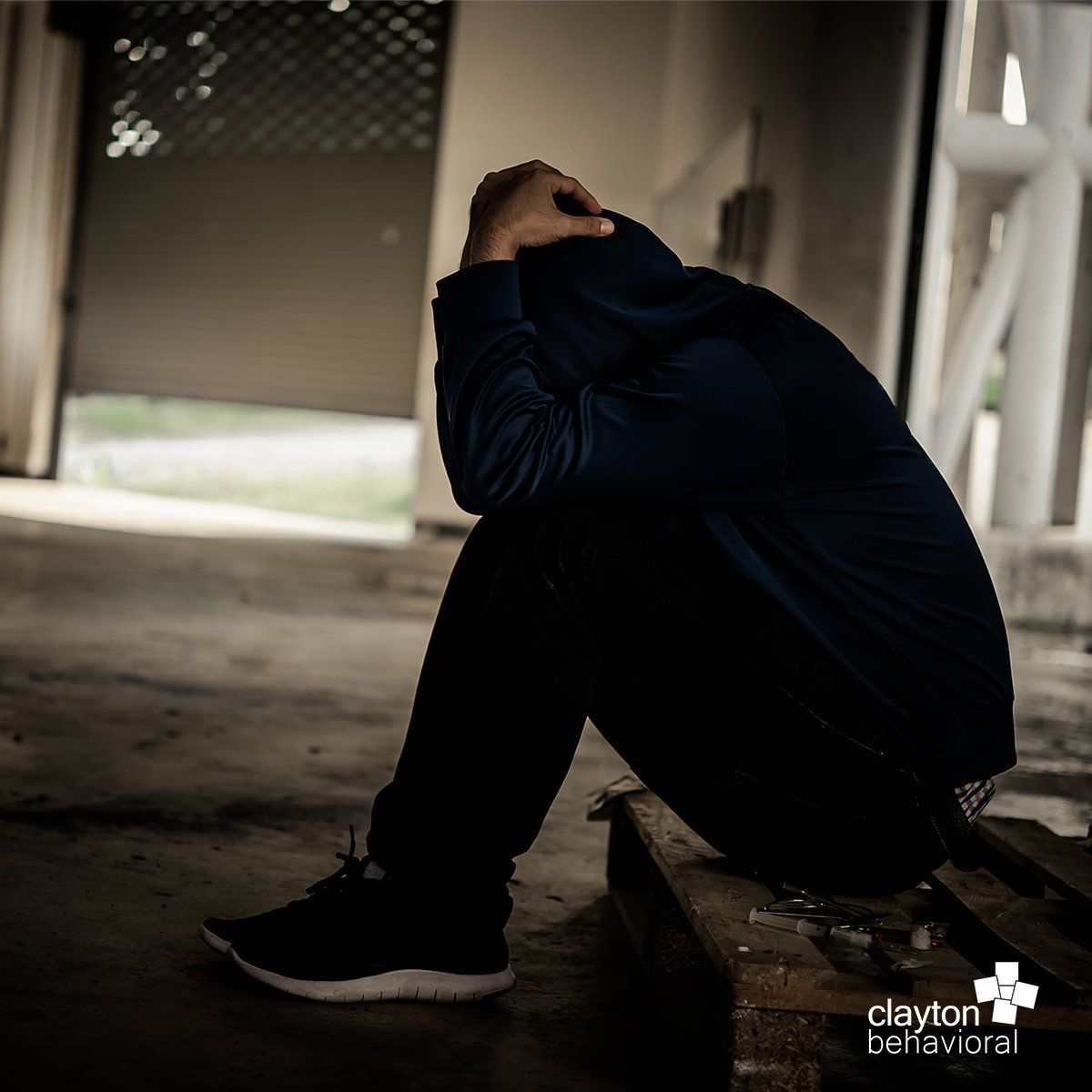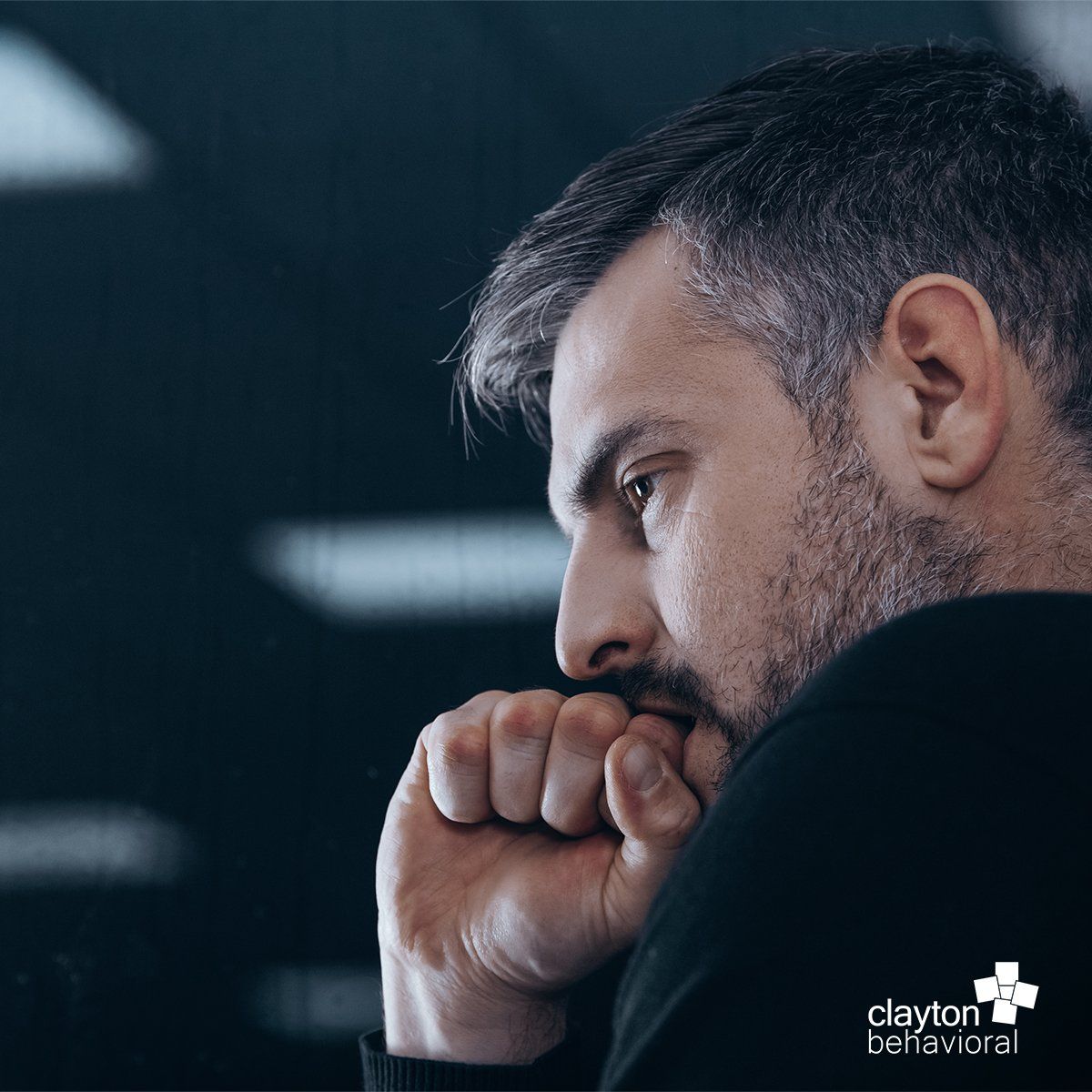The Truth About "Winter Blues" And What You Can Do

The anticipation and excitement that surrounds the holidays can often be infectious—but even so, holiday cheer isn’t always a given.
In addition to less daylight and colder temperatures, the pressure and expectations associated with the holiday season can leave some feeling overwhelmed, stressed, lonely and even depressed.
While the winter blues are common—with many of us experiencing a mood shift in November and December—it’s extremely important to determine whether these feelings of low mood are temporary or if they are part of the more complex seasonal affective disorder (SAD).
What Is Seasonal Affective Disorder?
High expectations, financial woes, family troubles and other holiday stressors are enough to have an emotional impact on anyone—but for people prone to depression, the holidays can often heighten symptoms.
Seasonal depression, also known as seasonal affective disorder (SAD) or the “winter blues” is known as a type of recurrent major depressive disorder in which depression occurs during the same season each year. In most cases, SAD symptoms appear during late fall or early winter; however, it’s also possible to have the reverse pattern with symptoms appearing at the beginning of spring or summer.
Though many may be quick to dismiss feelings of sadness around the holidays, seasonal affective disorder is actually quite common and is a serious mental health problem. In fact, SAD is estimated to affect 10 million Americans, with another 10 to 20 percent showing more mild forms of the disorder.
Not everyone with SAD has the same symptoms, but if you think you may be affected by seasonal affective disorder, you may experience some of the common symptoms such as:
- Sleep disturbance
- Loss of interest in activities
- Feelings of guilt
- Loss of energy
- Difficulty concentrating
- Change in appetite
- Sadness
While people prone to depression may feel these symptoms more severely, the good news is that there are some effective ways to help prevent stress and depression or curb the intensity of emotional tolls of the holiday season.
Tips for Coping with Holiday Stress and Depression
When feelings of stress and sadness are at their peak, it can be hard to stop and regroup. While it’s best to seek medical help for diagnosis, there are several things that can help stave off the holiday blues in the meantime.
1. Get Plenty of Rest
While depression often increases the desire to sleep, taking care of your body and retaining healthy habits is the best way to help your body feel better.
2. Know That It’s Okay to Feel Sad or Lonely
Experts say one of the biggest causes of holiday depression symptoms is unrealistic expectations. However, putting on a front for family or friends can make the stress or anxiety worse. Instead, know your limit and be willing to tell others you need a break or need to leave.
3. Spend Time with Friends and Family
For most, the holidays are associated with friends and family, and trying to work out how to share time between them can be a common reason for feeling stress or sadness. Getting out of the house and socializing with loved ones is one of the best ways to battle depression.
4. Know It’s Also Okay to Spend Time Alone
If the expectations around the holidays have you feeling down, spreading yourself out with too many holiday activities can often make things worse. Even a couple of minutes alone can be enough to separate yourself from distractions and allow you to regroup.
Further Treatment Options
Since seasonal depression has a predictable pattern of recurrence, it may help to look into some preventative treatment methods proven to help SAD such as light therapy and Cognitive Behavioral Therapy (CBT).
The Center for Environmental Therapeutics (CET), a non-profit organization which provides educational materials about SAD also offers free self-assessment questionnaires that you can download.
In the end, it’s important to remember that it’s normal to have some days where you feel down—but if you feel down for days at a time and you can't get motivated to do activities you normally enjoy, it could be time to take a deeper look at the cause and further treatment options.
If you think you or a loved one may be experiencing symptoms of seasonal affective disorder or are simply looking for more information, please contact us for a confidential individual or family consultation at 314-222-5830, visit our website or send us an email for more information.









